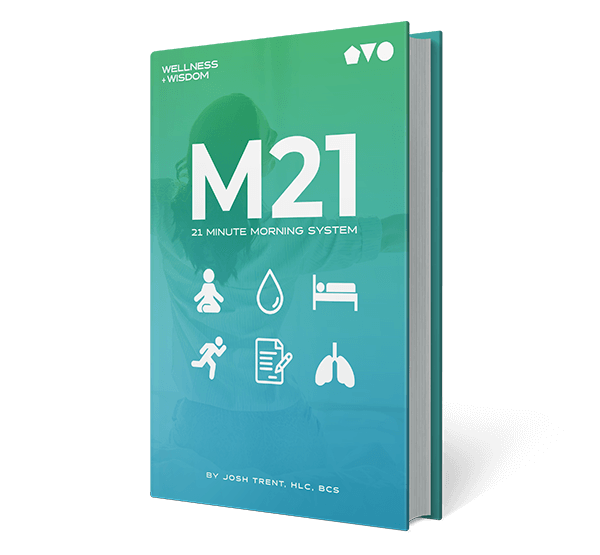 Here's a fun fact: only a few people actually have 20/20 vision. Refractive errors like nearsightedness, farsightedness, and astigmatism are more common and affect over 150 million Americans. If left untreated, they can lead to blindness. Yet even though many people fear vision loss, they often opt to prioritize their general health instead. As a result, they overlook eye conditions—believing they naturally occur only as part of the aging process.
Here's a fun fact: only a few people actually have 20/20 vision. Refractive errors like nearsightedness, farsightedness, and astigmatism are more common and affect over 150 million Americans. If left untreated, they can lead to blindness. Yet even though many people fear vision loss, they often opt to prioritize their general health instead. As a result, they overlook eye conditions—believing they naturally occur only as part of the aging process.
However, that isn't always the case. Even kids and young adults can be diagnosed not just with refractive errors but other diseases that can more quickly cause blindness, like glaucoma and cataracts. Both vision impairment and loss can significantly impact your mental health and overall well-being, and the kicker is that most existing cases are actually preventable. So, how do you address poor vision to safeguard your mental health? First, let's learn more about what links the two together:
Table of Contents
The connection between poor vision and mental health
Good eyesight is crucial for daily life. Without it, it's harder to navigate your surroundings—let alone drive—as well as recognize faces and accomplish visually heavy tasks like reading and writing. That can affect your ability to work, study, socialize, and even take on hobbies. Researchers thus find that poor vision can cause psychological distress and put you at a higher risk of developing conditions like depression and anxiety. As eye health issues progress, they can potentially lead to complete vision loss and further worsen your mental health. It's thus crucial to consistently address the relationship between these two aspects of your health if you want to improve your overall well-being.
How to address the link
Be proactive
It's crucial to emphasize that most vision impairments are preventable, which is why it pays to be proactive about your eye health. First and foremost, don't wait until you're 40—when your likelihood of developing visual impairments increases—to book an eye exam. Instead, try to make an appointment annually or every two years. That way, you can detect conditions, treat them early, and track their progression in detail to prevent worst-case scenarios. You'll also want to follow other best practices. Limit your daily screen time to two hours outside work or school to avoid eye strain, and wear sunglasses to block UV rays that can cause cataracts and retinal damage over time. A proactive strategy involving these steps can help you maintain healthy eyesight and even better mental health for longer.
Correct your vision
If you've already been diagnosed with a vision impairment, you'll want to prevent it from worsening and dragging your well-being down with it. Once an eyecare professional gives you a treatment plan, follow it to a tee. In most cases, this will involve correcting refractive errors by purchasing prescription glasses. To get the best pair for your needs and better comply with their vision correction recommendations, work with reliable retailers. These should offer trained opticians to inform you about your choice and lens selections that accommodate your unique lifestyle. If you require more than one prescription, for example, you should be able to get bifocal or progressive lenses—or BlueReflect™ lenses that filter glare if you extensively use screens for work, school, or play. If your condition is more advanced, an optometrist or ophthalmologist may prescribe more advanced treatments like medications or surgery. These should be covered by regular insurance plans. However, you may want to look into dedicated vision insurance providers to pay for additional costs so you can better access and get these recommended solutions.
Consult multiple professionals
Though the above strategies can help safeguard your overall well-being, you won't see improvements in your mental health overnight. As you slowly deal with the eye conditions you may have, you need to seek support from various professionals to help you cope healthily and avoid psychological distress. You can already kickstart this process as you strive to be proactive and reactive about your eye health. Communicating with eyecare professionals and learning more about how to treat the issues you're experiencing can put your mind at ease. However, that doesn't need to be the only thing you do. Professionals in optometry are trained to have basic mental health knowledge and can determine if your eyes are affecting your well-being. That means they can also refer you to a licensed therapist familiar with the relationship between one's vision and mental health, who can help you navigate your emotions. Take advantage of these connections between healthcare professionals to more effectively address the link between these two parts of your health.
Though it isn't immediately apparent, eyesight and mental health are connected—which is why you may want to try the above tips to safeguard your well-being. For more insights on mental health and beyond, keep browsing our website here at Wellness Force.









